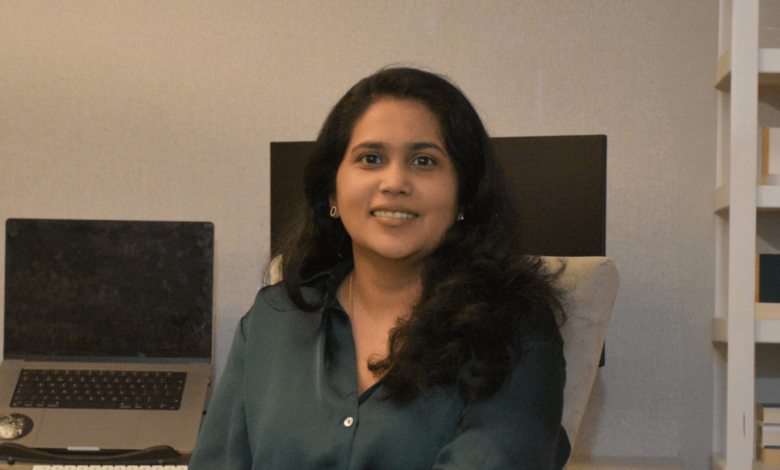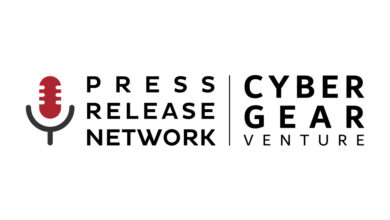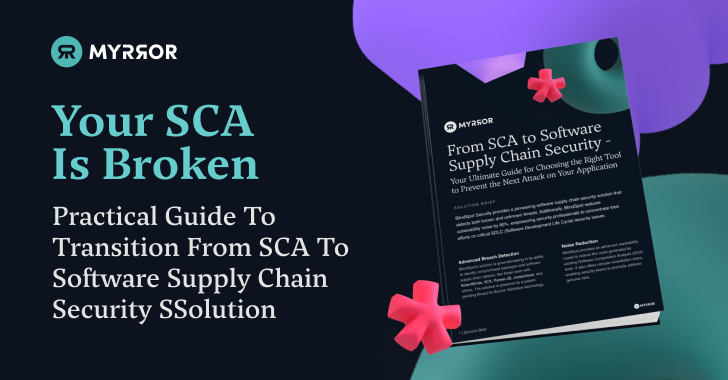The importance of adaptability in a ‘limitless’ threat landscape

Sanjana Mahadeshwar on her role at Yahoo and why being ‘paranoid’ is beneficial to a cybersecurity career.
Sanjana Mahadeshwar’s journey into the world of cybersecurity began “unexpectedly”, when she read an article in a newspaper that mentioned a two-day training programme on ethical hacking, a term that piqued her curiosity.
“At that point in time, I hadn’t considered coding to be one of my strong suits, so the prospect of delving into the realm of cybersecurity intrigued me,” says Mahadeshwar. “As I immersed myself in the training, I realised that cybersecurity was not just hacking into computers (as popularised by movies and TV shows), it was a multifaceted field that encompasses various disciplines.”
Following this training, Mahadeshwar acquired a postgraduate diploma in cybersecurity and began her career at a start-up that specialised in cybersecurity services, which provided her with experience of the diverse challenges and complexities of cybersecurity. In 2021, she began a master’s degree in cybersecurity at the National College of Ireland before joining Yahoo’s cybersecurity team in Dublin, known as The Paranoids.
What brought you to your current job?
During the final stretch of my master’s degree, I was eager to transition into the professional world of cybersecurity, so I diligently searched for job opportunities in the security domain.
One day, while scrolling through LinkedIn, a job opening caught my eye with an intriguing name: The Paranoids. Instantly, I felt a connection to the title, as it resonated with the inherent sense of vigilance and caution that characterises the cybersecurity mindset. In this field, we’re always a little ‘paranoid’, constantly vigilant against potential threats and vulnerabilities, whether it’s testing an application or scrutinising a suspicious email.
After several rounds of interviews with some truly remarkable individuals who are now my colleagues, I embarked on my journey at Yahoo as part of The Paranoids team. It’s been a fulfilling experience so far, working alongside talented professionals dedicated to safeguarding digital environments and addressing emerging threats.
What were the biggest surprises or challenges you encountered on your career path in cybersecurity and how did you deal with them?
The first surprise that greeted me was the sheer breadth and depth of the cybersecurity domain. Just when I thought I had a solid grasp on the fundamentals, a new threat would emerge, sending shockwaves through the industry. From ransomware attacks to sophisticated phishing schemes, the threat landscape has felt limitless. I quickly realised that a mindset of continuous learning and adaptation was a way to stay ahead.
I do so by attending industry conferences and staying updated with the latest trends. One of the challenges that I encountered was balancing security and usability. Often, implementing robust security measures can inadvertently hinder user experience, leading to resistance or frustration among stakeholders. I realised that fostering open communication and incorporating user feedback were essential components of the equation to ensure that security measures were not perceived as hindrances but rather as integral components of a seamless user experience.
What do you enjoy most about your job?
What I enjoy most about my job is the endless opportunities it offers. I love that it allows me to delve into new and exciting areas such as cloud security and artificial intelligence. With the rapid adoption of cloud computing and AI-driven technologies, there’s a growing need for robust cybersecurity measures to safeguard data and infrastructure in these environments. The dynamic nature of the field ensures that my work is never stagnant or routine.
What aspects of your personality do you feel make you suited to cybersecurity?
As in most jobs, effective communication is important in the cybersecurity domain. I firmly believe that my strong communication skills are one of the key aspects of my personality that make me well-suited to this field. Whether it’s conveying complex technical concepts to non-technical stakeholders or articulating the importance of security measures in a clear and compelling manner, I am able to contribute to building a stronger awareness and understanding of security issues. My analytical skills also play a crucial role allowing me to approach cybersecurity challenges methodically, breaking them down into manageable components and developing effective strategies to mitigate risks.
Furthermore, I thrive in collaborative environments and enjoy working closely with others to achieve common goals. Collaborating with colleagues from diverse backgrounds allows me to leverage their expertise and perspectives, leading to more comprehensive and robust security solutions. Adaptability is another trait that serves me well in cybersecurity, it enables me to stay agile and responsive. Finally, I believe my attention to detail plays a significant role in my job, I try to cover all bases when assessing and mitigating security risks. Whether it’s meticulously scrutinising lines of code for vulnerabilities or conducting thorough security assessments.
What can people expect from career progression in the cybersecurity industry?
The cybersecurity industry offers a wide range of career paths, including roles such as ethical hacker, security analyst, incident responder, security consultant and more. As professionals gain experience, they can explore different specialisations based on their interests and strengths. I started my career here at Yahoo with a focus on application security. Over the course of a year and a half, I have expanded my knowledge base to encompass cloud security, actively contributing to digital migration efforts as well as now dabbling into securing upcoming AI projects.
What advice would you give to those considering a career in cybersecurity, or just starting out in one?
For those considering a career in cybersecurity or just starting out in the field, my advice would be to embrace the versatility of the domain. While there’s certainly a traditional path, like the one I chose, it’s important to recognise that cybersecurity offers myriad opportunities for professionals from diverse backgrounds. I’ve seen individuals with backgrounds in varied fields transition into successful careers in cybersecurity. In fact, the skills and expertise acquired in other fields can be applicable and highly valuable in cybersecurity.
When exploring career options within cybersecurity, it’s essential to consider the multitude of paths available. Whether your interests lie in network security, cloud security, risk management or other specialised areas, there’s something for everyone in this field. Take the time to research and explore different roles and specialties to find what resonates with you the most. Moreover, I would encourage newcomers to actively seek out learning opportunities and stay abreast of the latest developments in the field. Embrace a mindset of continuous learning, whether through formal education, certifications, online courses or hands-on experience.
Lastly, I would emphasise the importance of networking and building connections within the community. Engage with professionals in the field, participate in industry events and conferences, and seek out mentorship opportunities. Networking not only provides valuable insights and support but also opens doors to potential career opportunities and collaborations.
Find out how emerging tech trends are transforming tomorrow with our new podcast, Future Human: The Series. Listen now on Spotify, on Apple or wherever you get your podcasts.


